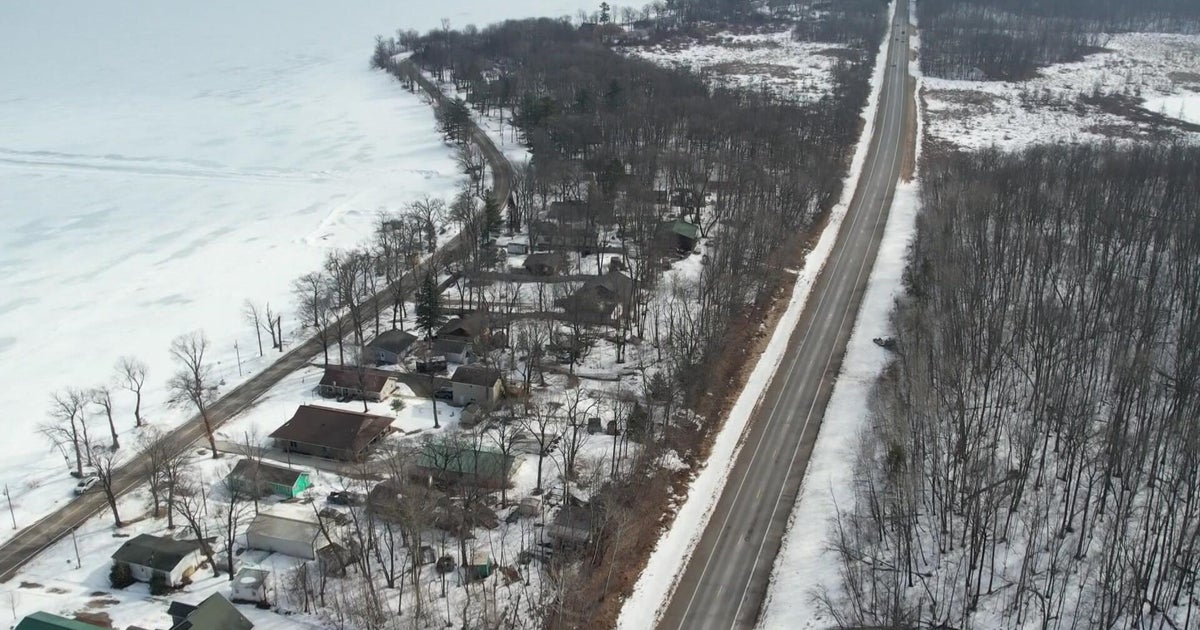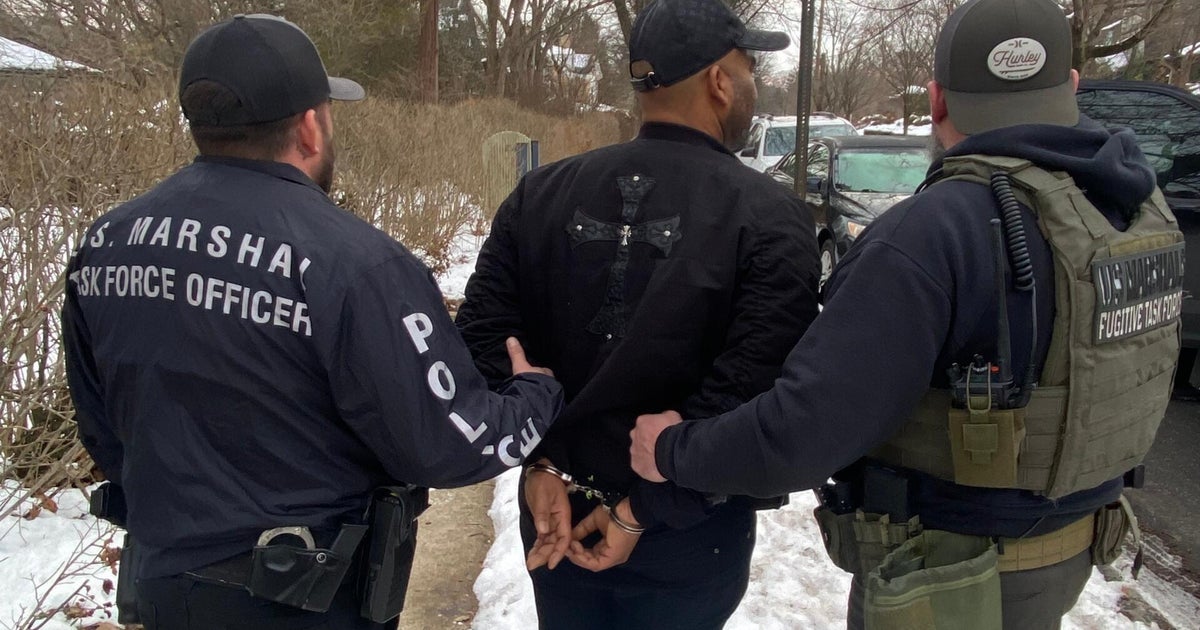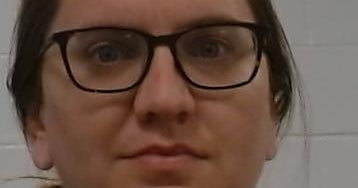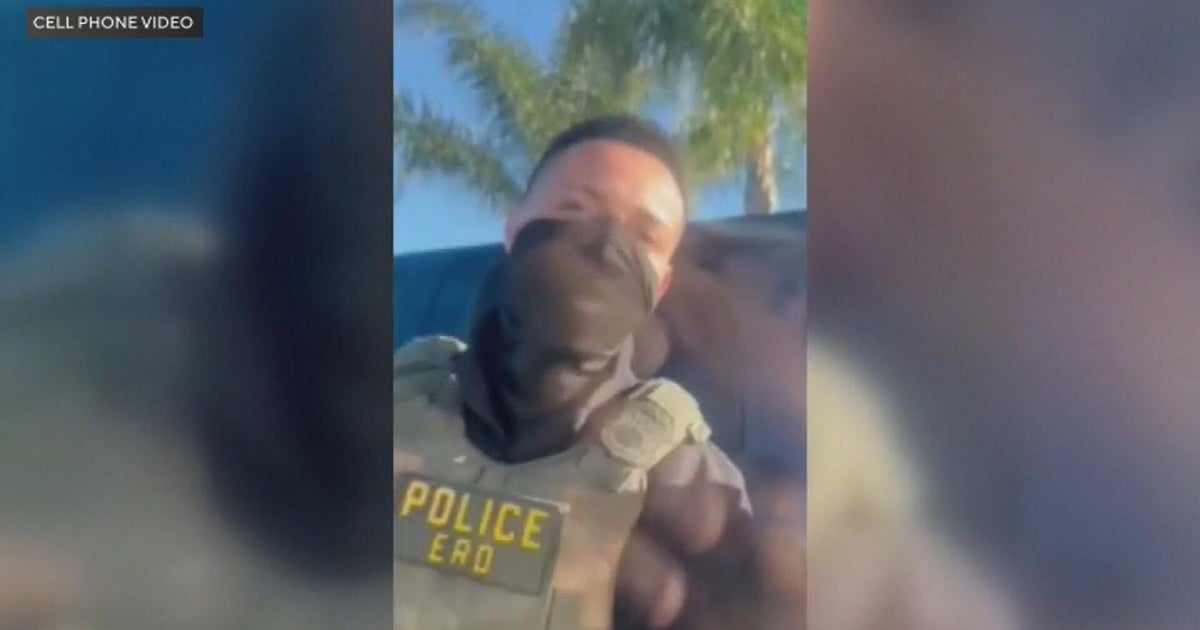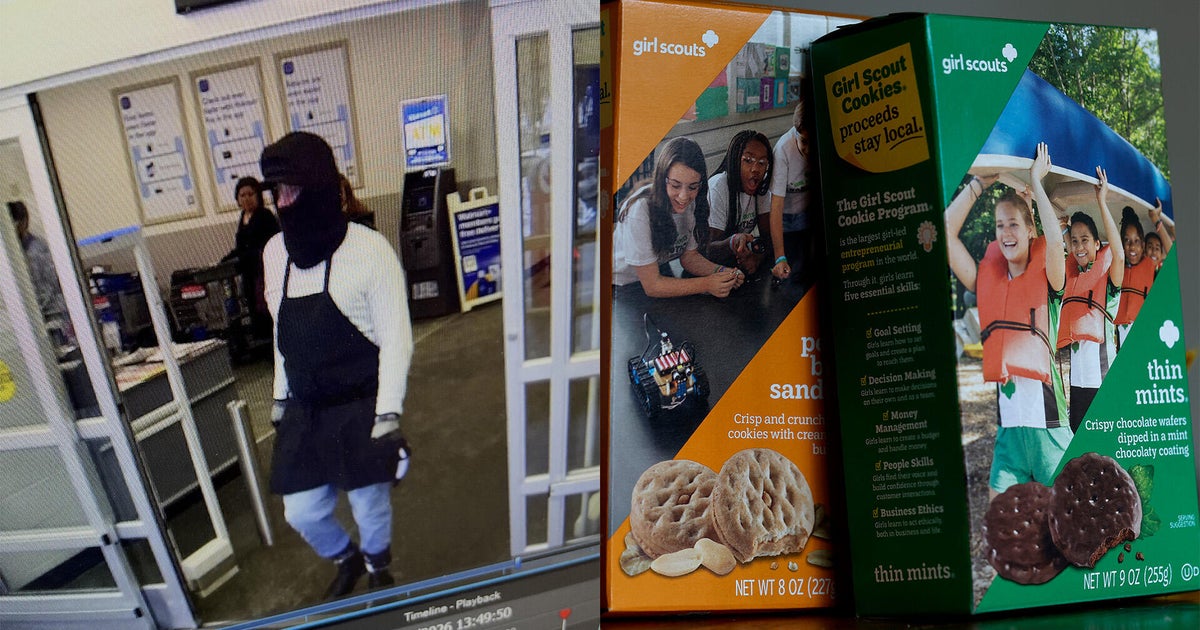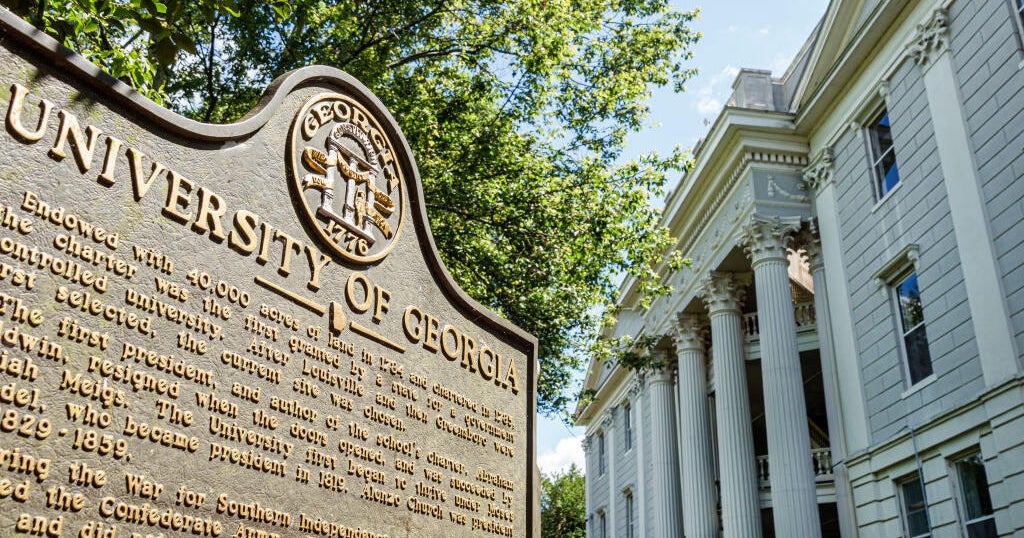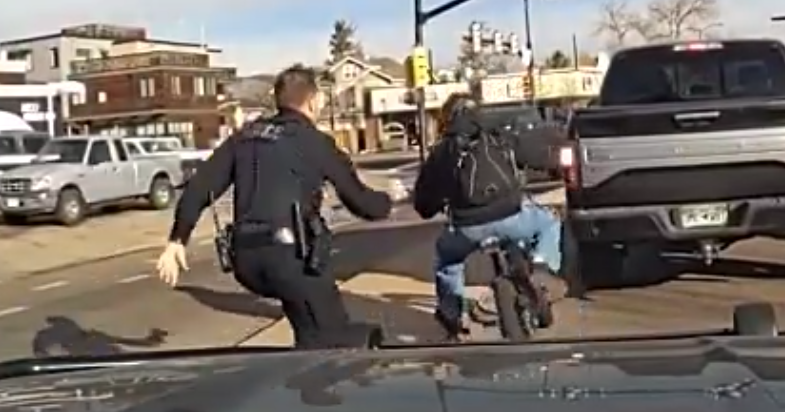Bill Would Protect Children Trafficked For Sex
MINNEAPOLIS (AP) -- When she was 13, Amber Whitefeather met a smooth-talking man on the streets of Minneapolis who seemed to have it all: He wore a silk suit and snakeskin boots, drove a car with Jersey plates and, above all, seemed like he could be the protector she never had.
He got her a fake ID and brought her to Dallas, where she made money for him by selling herself for sex. The rest of her teenage years were spent turning tricks, taking beatings, and getting shuffled in and out of adult jail cells around the country.
It would've made a difference in her life, she says, "if somebody would've came out there and said, `Girl, let me help you."'
Minnesota lawmakers are considering a bill that would ensure young people engaging in prostitution are treated as victims -- not criminals. Prosecutors in the Twin Cities and Duluth areas have already thrown support behind the so-called "safe harbor" law, saying the new approach will get kids the treatment they need and keep them safe.
"Sexually exploited kids are not criminals. They are children in need of protection. They are crime victims," said Jeff Bauer, director of public policy for The Family Partnership, an advocacy group in Minneapolis that is shepherding the bill in the Legislature.
If passed, Minnesota would become the fifth state to protect children from being prosecuted for prostitution. New York was the first to pass safe harbor language in 2008, with that law taking effect in April 2010. Washington, Illinois and Connecticut followed.
The National Center for Missing and Exploited Children estimates at least 100,000 children are victims of commercial sexual trafficking and prostitution each year, but says the number is conservative.
Current Minnesota law defines children in prostitution as both delinquents and victims. Advocates say children and teenagers arrested for prostitution land in the juvenile justice system instead of being sent to foster homes or getting treatment, creating a cycle that's hard to break.
The new language says anyone under 18 accused of prostitution will not be treated as a delinquent. Instead, they'll get services that could include counseling, medical care or short-term shelter. While some local agencies are already taking those steps, the law would make it uniform practice across the state. If passed, it would take effect in 2014, giving police and prosecutors time to be trained on the new approach.
St. Paul police Officer Heather Weyker, an investigator with the Gerald Vick Human Trafficking Task Force, said something as simple as shelter can make all the difference. She cited the case of a girl who became pregnant at 13, then was removed from her situation and put in a foster home in a rural area.
"Even though she might not like the idea of being in a foster home, it's the safest she's ever felt in her 13 years," Weyker said. "That was an initiative of safe harbors."
Weyker is among several law enforcement officers speaking Saturday at a panel about sex trafficking. The panel is part of a two-day event sponsored by Breaking Free and MATTOO, or Men Against The Trafficking Of Others. The event, which started Friday, is designed to teach men and the general public about sex trafficking.
"I feel very strong about getting the girls out of prostitution, and more so about the sex trafficking," Weyker said. "I don't think a little girl at the age of 5 or 7 wants to be a prostitute when they grow up."
Many of the girls she encounters have had a bad life and are struggling to survive.
That was the case for Whitefeather, who was molested by her stepfather at age 10 and soon began running away from a mother who she says didn't want her. When she was 13, she met her pimp, who brought her across the country.
"Basically, what I was just doing was just searching for someone to love me. I was searching for a father figure," Whitefeather said. "He said, `We're going to be together for life. We're going to be doing this as a family.' It was more like a family team effort, like I'm a part of something."
She was given fur coats and manicures. But she said if she didn't bring in $1,000 a day to support her pimp's heroin addiction she was beaten and sent back on the streets to work, even if bloody and bruised.
She felt no one cared about her. And when she would get locked up with adults, no one told her she was a victim, or that her life could be different.
"It's just a horrible thing when they get them young, because it just sets a pattern of destruction," she said. "It's just a hole in your soul."
Whitefeather escaped shortly before her 18th birthday, but by then the damage had been done. She began stripping to make a living and using drugs. Now, she's in recovery and "fighting for her life" as she works to make a better life for her and her three children.
"When you are young, you think, `Oh, I'm untouchable. Nothing can happen to me,"' she said. "You don't even realize that everything you are doing is affecting you. ... I've always known that I survived my teenage years to help share my testimony to educate young people and stop them from making the same choices.
"This is about breaking the cycle of destruction that is destroying our families," she said.
(© Copyright 2011 The Associated Press. All Rights Reserved. This material may not be published, broadcast, rewritten or redistributed.)

